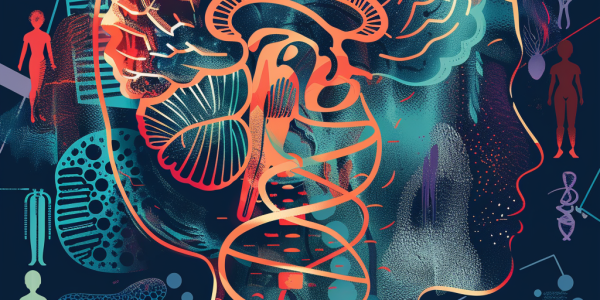Groundbreaking Study Identifies 115 Genes Linked to Anxiety Disorders
Groundbreaking research from Yale University reveals 115 genes linked to anxiety disorders, affecting 301 million globally. This study enhances our understanding of genetic factors, brain regions involved, and potential for targeted therapies, paving the way for personalized medicine in mental health treatment.
New Prevention Strategies Urgently Needed for Prostate Cancer
Prostate cancer research reveals the significant impact of genetic risk and lifestyle factors on early and late prostate cancer death rates. A recent study involving over 19,000 men found a 3-fold increased risk of early death for those at higher genetic risk. Lifestyle choices such as smoking and obesity were also linked to higher risk. Targeted prevention strategies focusing on healthy lifestyle behaviors could potentially prevent 36% of deaths in the higher genetic risk group. The study underscores the importance of lifestyle modifications in reducing prostate cancer risk among individuals with a genetic predisposition.
Study Reveals Link Between Socio-Economic Status and Genetic Predisposition to Cancer and Other Diseases
A recent study from the University of Helsinki in Finland reveals the correlation between socio-economic status and genetic predisposition to diseases like cancer. Individuals with higher SES have a greater genetic risk of breast and prostate cancer, while those with lower SES are more susceptible to conditions like diabetes and lung cancer. These findings could lead to more tailored screening protocols for diseases, enhancing detection and prevention strategies.
Benign Nail Condition Linked to Rare Inherited Disorder Increasing Cancer Risk
Discover how a benign nail condition can be linked to a rare inherited disorder that increases the risk of cancer. Learn about the breakthrough research published in JAMA Dermatology and presented at the Society for Investigative Dermatology Annual Meeting, highlighting the significance of nail evaluations in identifying individuals at risk of developing cancerous tumors.




